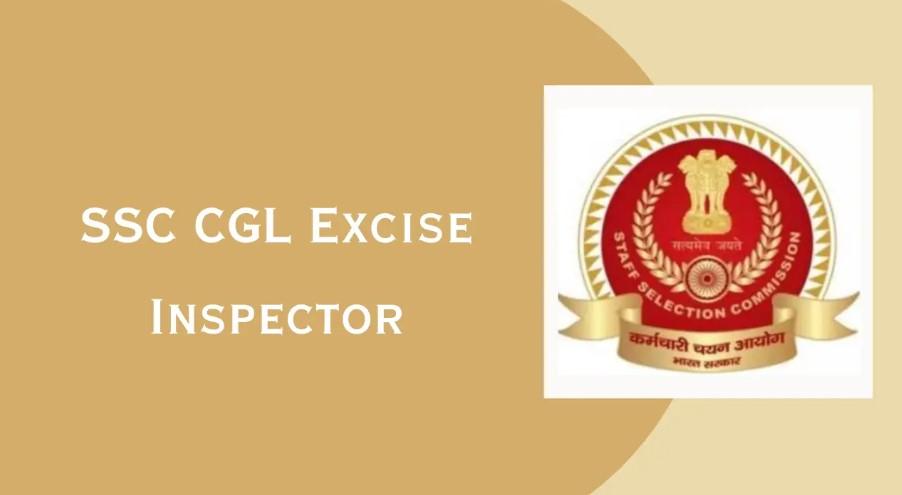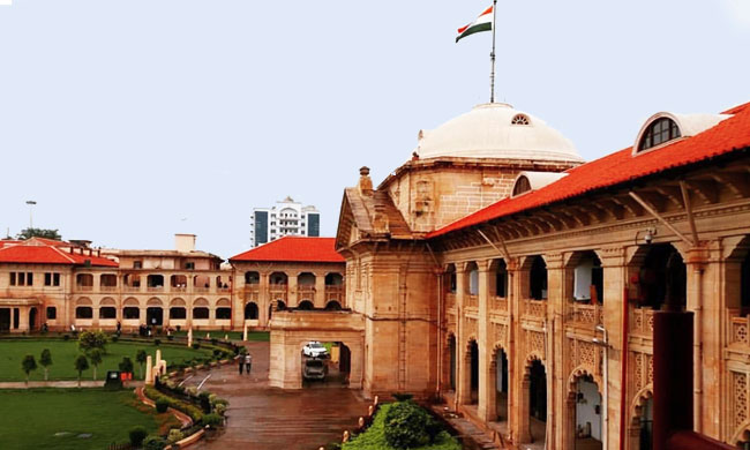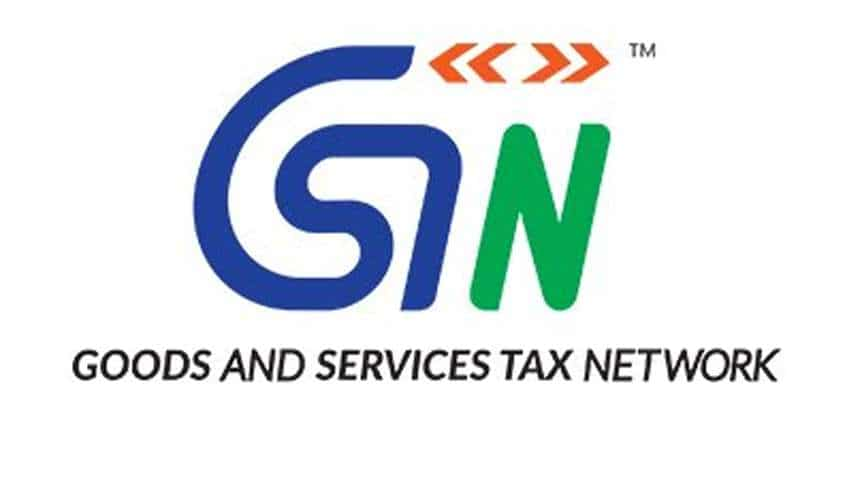The Tamil Nadu Appellate Authority of Advance Ruling (AAAR) while affirming the AAR’s ruling held that 18% GST on Leasing of the pathway to a person to their Dwelling Unit.
The applicant, Chennai Metro Rail Limited acquired a portion of the property including the land which is now leased out to the owner for public purpose on payment of adequate compensation.
As per clause 4 of the agreement entered into between CMRL and Dr. K. Prema, the lessee, Dr. K. Prema is entitled to use the passage with 3 Meter width and 14 Meter length measuring 452 out of the acquired land for shared access purpose for 35 years and has to pay Rs.30,00,000 towards lease amount.
The applicant has sought the authority to clarify whether the amount of Rs.30,00,000 received for the purpose of granting right to access to the pathway leading to the dwelling unit is exempted from levy of GST as per the notification treating the agreement as one for leasing out a “dwelling unit”. The applicant sought the advance ruling on the issue whether leasing of a pathway to a person to her/his dwelling unit by CMRL is taxable under GST.
The AAR ruled that the act of agreeing to grant easement rights of the pathway by the applicant to Dr.K.Prema by way of shared access as per the MOU dt 21-08-2019 is classifiable under SAC 999794 and taxable under GST at 9% CGST and 9% SGST under Sl No. 35 of Notification 11/ 2017–Central Tax (Rate) dated June 28, 2017 and Notification dated June 29, 2017 respectively.
The appellant has challenged the AAR’s order on the ground that AAR has failed to consider and recognize that the grant of access to pathway to connect with the outside world was a covenant running with the land and inseparable from the sale and purchase of the land which was not a supply to be taxed under GST.
The appellant urged that the AAR ought to have considered that the grant of access to the pathway was an integral and inseparable part and parcel of the acquisition of land which was outside the scope of the levy of GST.
The AAR has failed to recognize that the pathway land which was the subject of permanent access to the Landlady was to be used for ingress into and exit from the residential house of the Landlady and constituted part and parcel of the residential dwelling unit, which was not liable to be, taxed under GST, the appellant added.
The coram of M.A.Siddiqui and G.V.Krishna Rao held that in the case of renting or leasing of the property, the owner will not have the right to use the land or pathway involved as ‘renting/Leasing’ involves transfer of the right to enjoy the property to the lessee and the lessor does not retain right to enjoy the property during the lease period. In the instant case, it is not a lease of the pathway but only rights are granted to the land owner by the appellant for the shared access. It is seen that the grant of access to the pathway is a right given by them to the landowner. This activity of agreeing to grant rights for shared access of the pathway is an “act of agreeing to tolerate an act” and is classifiable under SAC 999794 under “other miscellaneous services/Agreeing to tolerate an act’ and is taxable CGST and 9% SGST as per Sl.No.35 of Notification 11/2017 CT(Rate) dated 28.06.2017 as rightly held by the Lower Authority.














